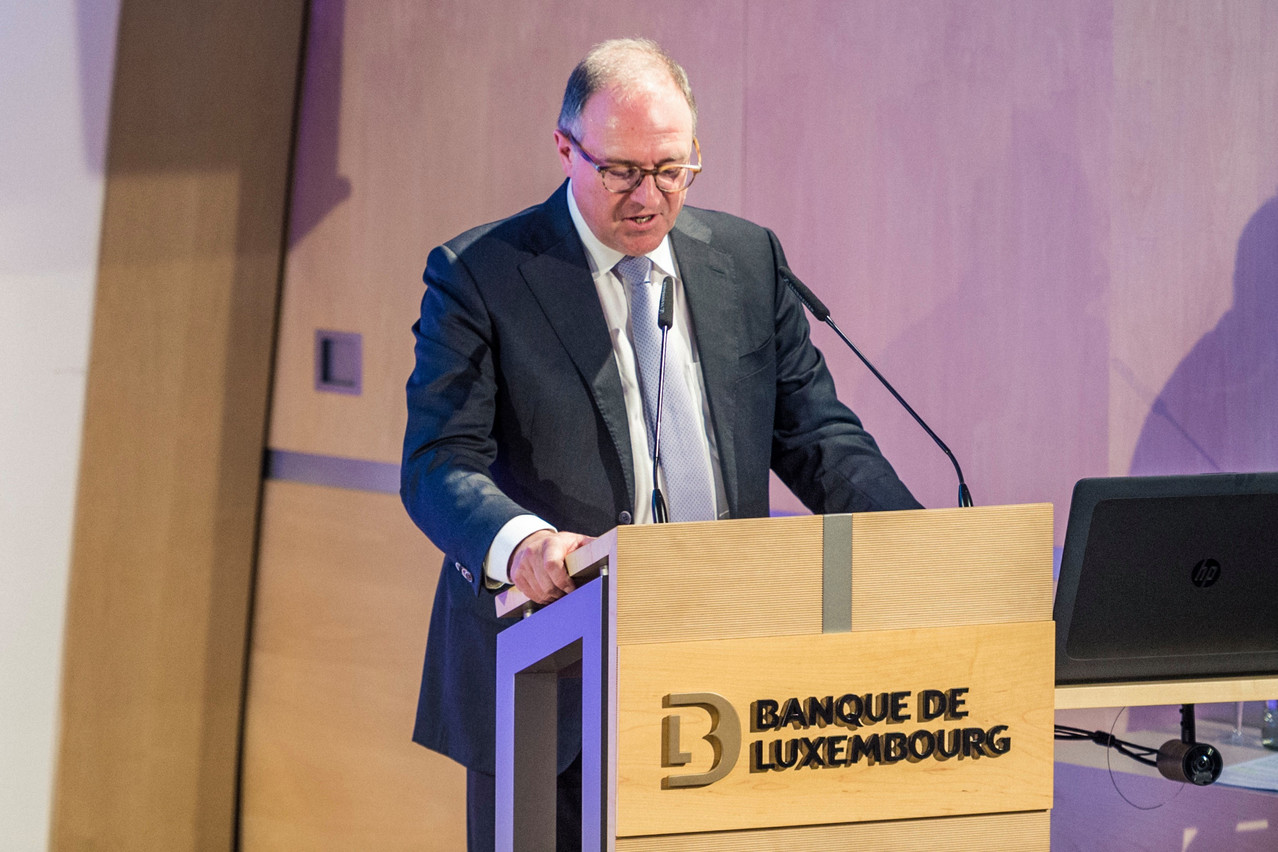The Banque de Luxembourg has been certified as a B Corp, meaning the bank has pledged to take the public interest into all its decision-making.
The certification highlights the bank’s commitment to corporate social responsibility (CSR) and its dedication to meeting rigorous standards of societal and environmental impact, as well as governance and transparency, the bank stated on 17 July.
In 2020, Banque de Luxembourg made the strategic decision to embark on the B Corp certification process, aiming to further solidify its CSR efforts, the bank said.
This process involves obtaining a minimum score of 80 points out of 200 on the comprehensive B Impact Assessment (BIA) questionnaire. The BIA evaluates the company’s environmental and social performance, focusing on five pillars of impact: clients, employees, the community, governance, and the environment.
, managing director at Banque de Luxembourg, emphasised the commitment shared by the bank’s management, shareholders and employees regarding CSR. He , “Our CSR approach is based on strong convictions...Rather than being an end in itself, this is a path that will guide us towards continuous improvement and enable us to raise the ambitions of our commitments.”
Tessa van Soest, executive director of B Lab Benelux, welcomed the bank to the group of change makers. She believes that this certification is a significant milestone for Banque de Luxembourg, allowing the institution to enhance its impact on society and the environment.
Banque de Luxembourg provides private banking, wealth management and fund services, and employs around 1,000 staff. It had roughly €80bn in assets under management at the end of 2022.
